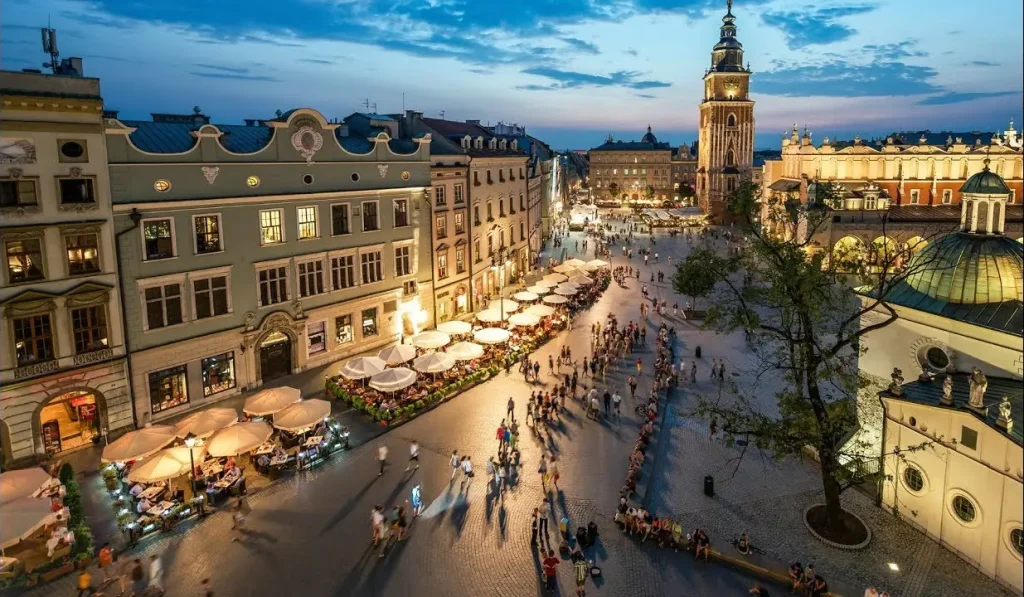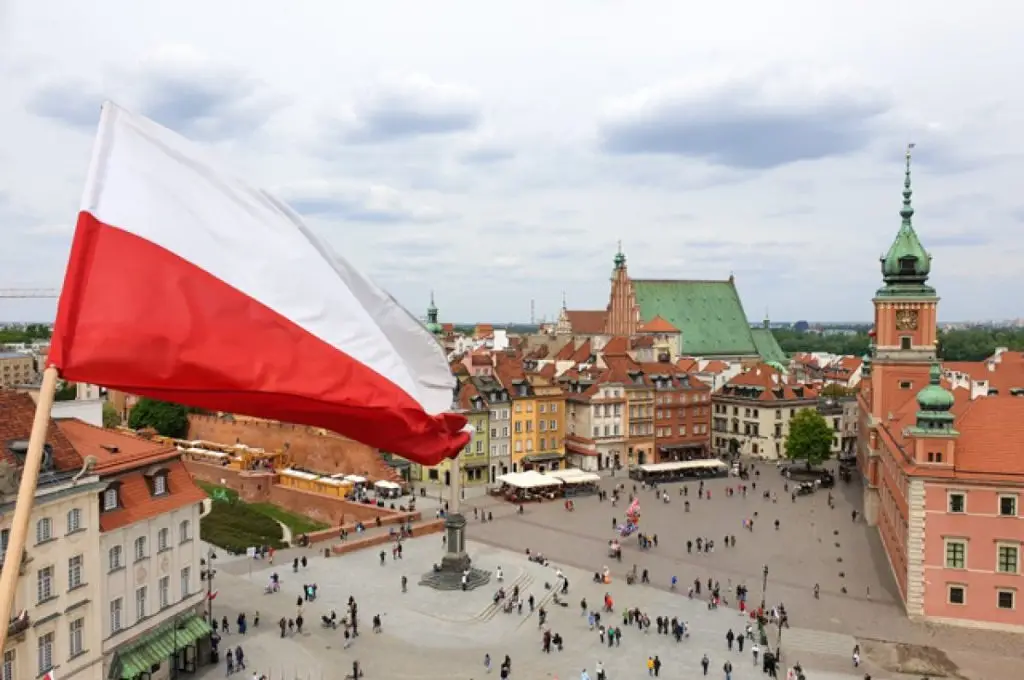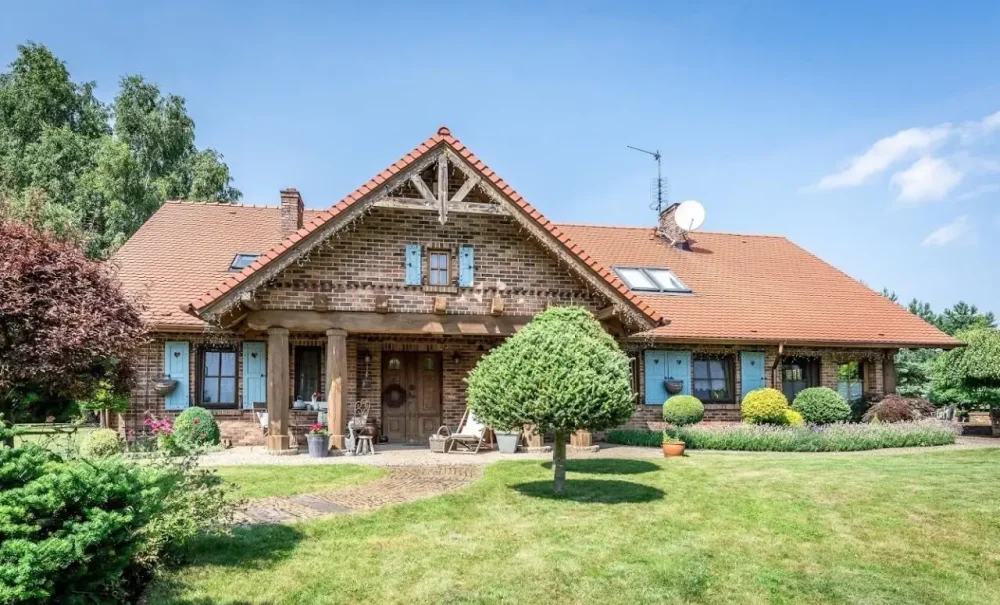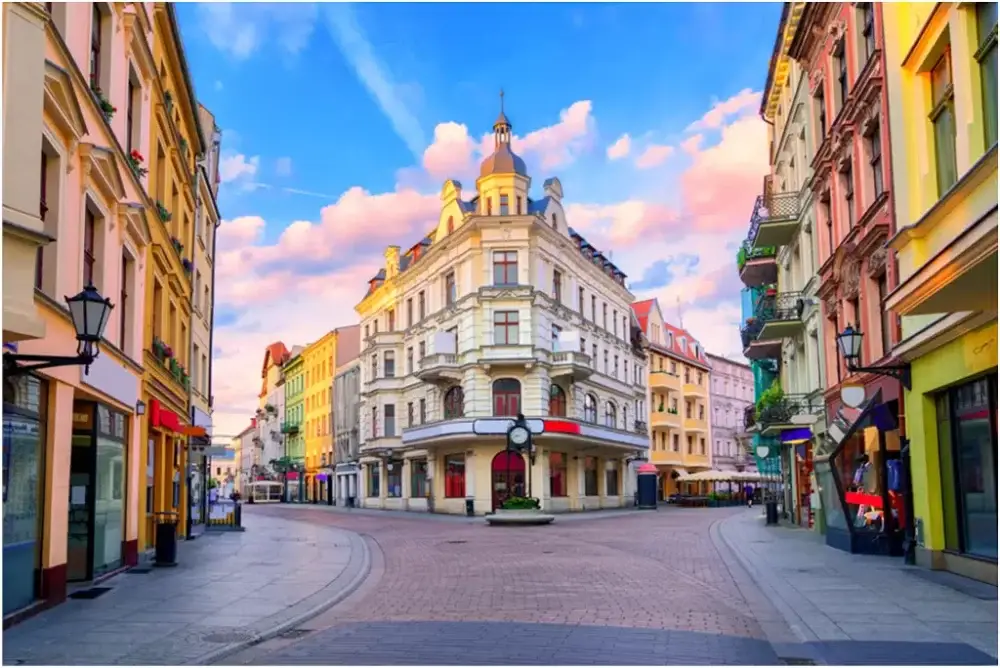Investing abroad offers a wide range of opportunities to strengthen the financial base and diversify assets. Investments in commercial property are of particular interest in this strategy. By acquiring such properties in Poland or other countries, investors benefit from the stability of the local economy, tax and legislative incentives. These factors are obvious advantages of investing in foreign commercial property. Let’s talk about them in more detail.
Why invest in commercial property abroad
Investing in overseas commercial property is an opportunity not only to generate income, but also to strengthen financial independence. The world’s leading markets offer a number of significant advantages for investors.
Long-term stability and favourable rates of return
The advantages of investing in commercial property abroad lie in stable and high rates of return. In developed markets, rental yields can range from 6% to 9% per annum depending on location and type of space. This is significantly higher than in most jurisdictions, where rental yields often fluctuate between 3-5%.
Poland offers attractive conditions for tenants and property owners due to the high demand for office, retail and logistics space. Due to a stable economy and high levels of foreign investment, the country’s property market continues to show strong growth, providing investors with long-term stability.
Opportunities for asset diversification
Foreign commercial property is an important tool for diversifying an investment portfolio. Such investments make it possible to minimise risks associated with economic instability, political crises and currency fluctuations in the home market. By investing in property in developed countries, an investor can strengthen assets and reduce dependence on the situation in his country.

Capital protection and high levels of liquidity
Unlike other types of assets, such as stocks or bonds, real estate has a high degree of stability. Even in times of economic turmoil or crisis, the value of commercial properties in international markets remains static or increases, providing protection for funds.
Importantly, investing in overseas commercial property markets is highly liquid. Properties can be sold or leased quickly and without significant loss of value. Poland, in particular, is actively developing its infrastructure, which in turn is fuelling demand for property, especially in major cities and business districts.
Advantages of investing in commercial property in Poland
 Poland offers numerous advantages for investors. It is a strategically located country with an emerging economy, progressive politics and an active market.
Poland offers numerous advantages for investors. It is a strategically located country with an emerging economy, progressive politics and an active market.
Stable economy and sustainable GDP growth
Poland has shown stable economic growth in recent years. In 2021, the country’s GDP grew by 5.7% and the trend continues. A steady increase in national income and rising consumer demand are contributing to rising rental rates and commercial property prices. The high level of economic security makes the country an excellent choice for property investment. Investments in cities such as Warsaw, Krakow and Gdansk will provide stable income in the long term.
Infrastructure projects and active demand for property
Poland is actively modernising its infrastructure, which creates additional opportunities for investors. In recent years, the country has invested in building new airports, modernising railway networks and improving transport hubs. These changes lead to an increase in property values in promising areas. It is also worth noting the high demand for commercial properties, especially in major cities. Warsaw, Krakow and other economically active metropolises in Poland offer excellent opportunities for tenants.
Tax advantages and programmes for foreign investors
Poland provides tax incentives for foreign investors when investing in commercial property, which significantly increases the profitability of investments. In particular, the country’s tax system actively incentivises investments in construction and rental properties. The Investor Benefit Programme creates additional incentives for investment in real estate.
How to choose the right property for investing in overseas commercial property
Choosing the right property to invest in commercial property in Poland is the key to successful profits. A few factors to consider when making a decision:
-
Location. In large cities such as Warsaw, Krakow, Lodz, it is worth targeting business districts and areas where there is active development and modernisation of infrastructure.
-
Type of facility. Offices, hotel complexes, retail space or warehouses. For long-term stability and high income, it is worth considering office buildings in major cities

-
Condition of the property. Areas that require minimal investment in repairs can be particularly favourable. It is important to consider the condition of the building, the age of the structure and potential repair costs.
-
Rental rate and lease term. Long-term tenants with a proven track record and stable financial flows – a guarantee of regular income.
Pros of investing in commercial overseas property: the main one
 Countries with highly developed markets, such as Poland, offer not only stable rental income, but also significant potential for growth in the value of properties in the long term. Investing in commercial property abroad opens new horizons for portfolio diversification and capital protection. With a stable economy, active infrastructure development and tax advantages, Poland becomes an ideal choice for those seeking certainty in their investments.
Countries with highly developed markets, such as Poland, offer not only stable rental income, but also significant potential for growth in the value of properties in the long term. Investing in commercial property abroad opens new horizons for portfolio diversification and capital protection. With a stable economy, active infrastructure development and tax advantages, Poland becomes an ideal choice for those seeking certainty in their investments.
 en
en  de
de  ar
ar  es
es  nl
nl  hi
hi  fr
fr  it
it  pt
pt  el
el 










